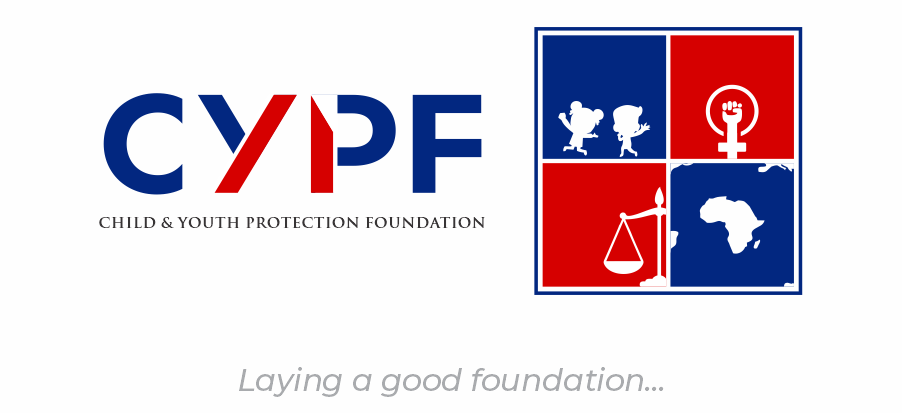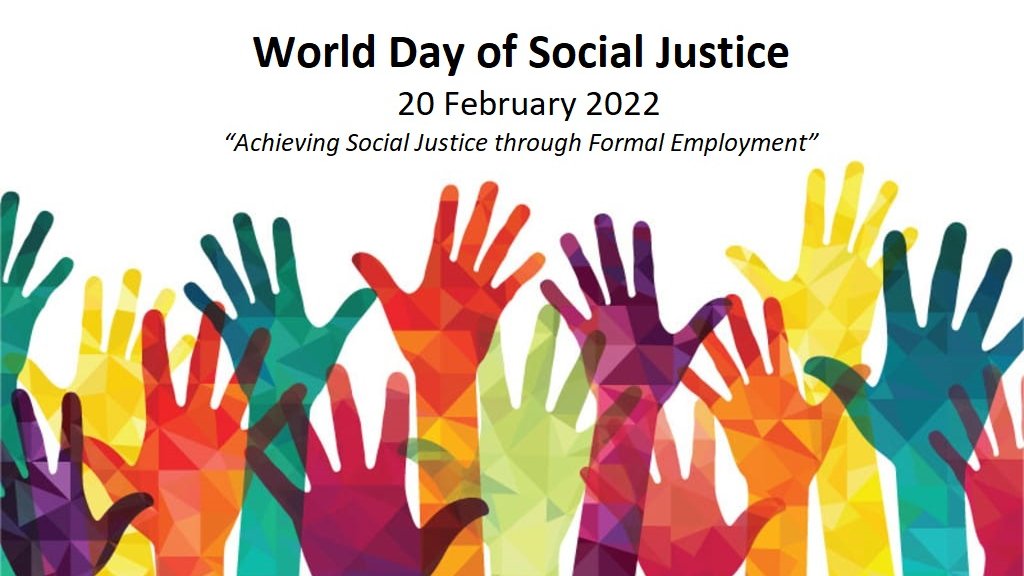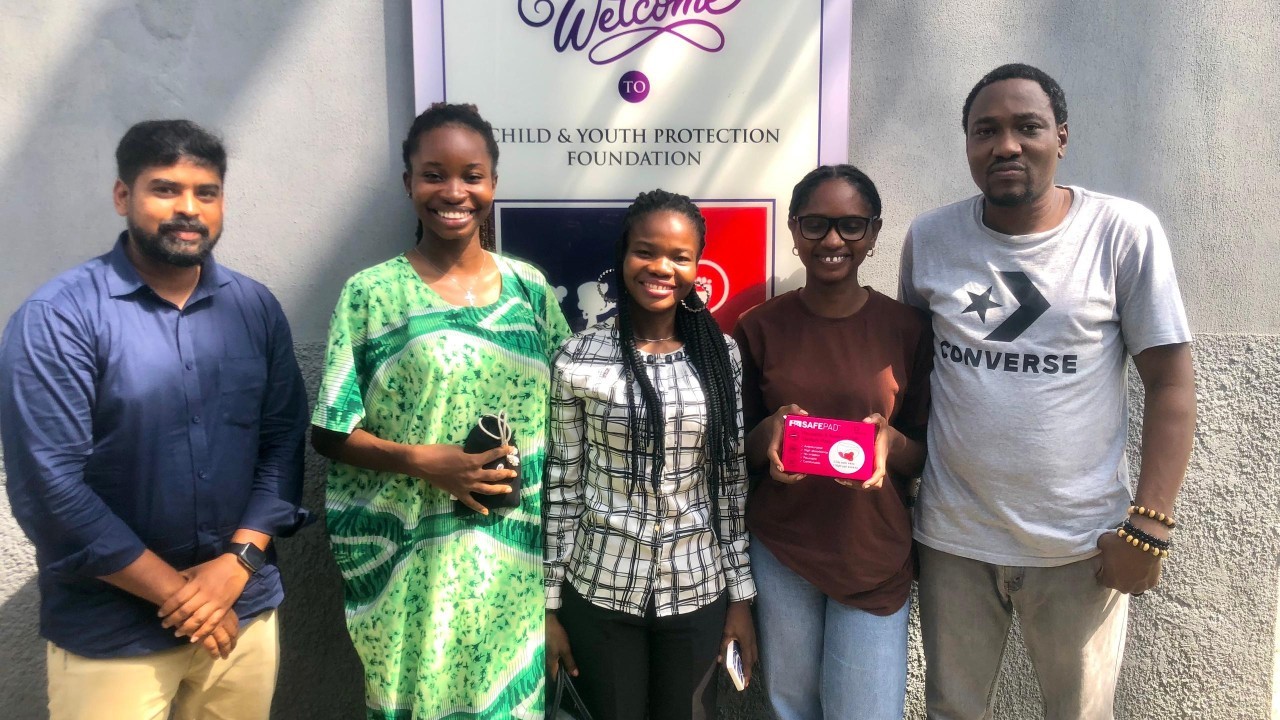Social justice according to Augustus Kakanowski is “a society in which justice is achieved in every aspect of society rather than merely administration of law”. Social justice promotes and supports the outcome of a world in which individuals and groups receive fair treatment.
In conditions of social justice, people are not to be discriminated against on the basis of gender, sexuality, religion, political affiliations, age, race, belief, disability, location, social class, socioeconomic circumstances or other characteristics of background.
The theme for today is “achieving social justice through formal employment”.
Formal employment refers to work in which a company hires an employee under a working agreement that includes salary, wages, health benefits, defined work hours and work days. However, we should know that more than 60% of the worlds employed population earn their livelihoods in the informal economy. Informal workers usually lack social protection or employment benefits and are twice likely to be poor compared to formal workers. Most people enter the informal economy due to lack of opportunities in the formal economy. Therefore it is necessary to promote the transition to formal employment in order to reduce poverty and inequalities.
The only way to achieve social justice through formal employment is through :
Job creation – Nigeria would have to explore avenues to create jobs for the unemployed population by providing a supportive environment for growth. It can do this by providing a good monetary policy which can lower interest rates in order to make it easier for families to borrow what they need. Lower interest rates also allow businesses to borrow for less.
Funding Education – The government can also ensure that there’s adequate funding for education as an effective solution to ending unemployment.



